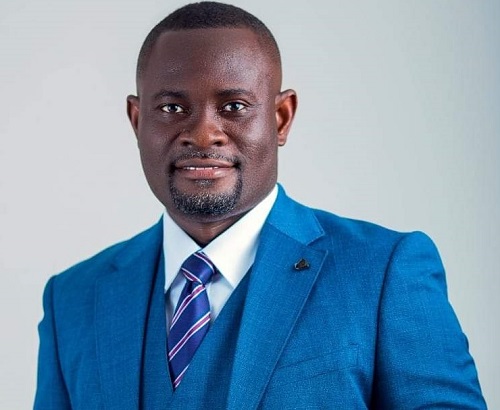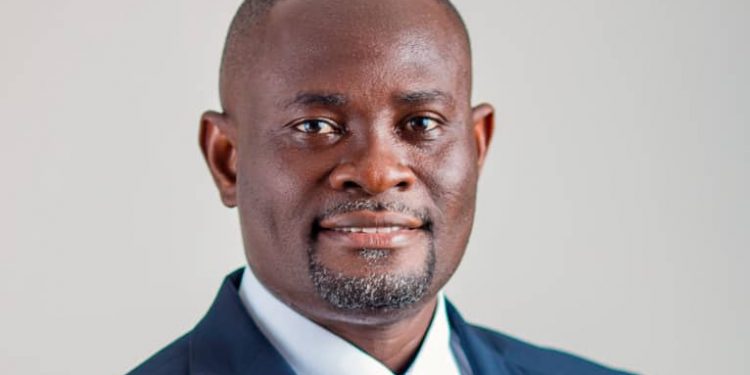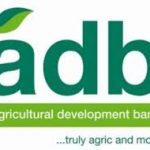The government has expressed its belief that it will be able to obtain the Paris Club finance guarantees as soon as possible to enable the IMF’s 3 billion dollar help.
This comes after the recent IMF and World Bank Spring Meetings in America, where the administration engaged with bilateral and multilateral partners.
Speaking to the media in Parliament, John Kumah, the deputy finance minister, stated that negotiations to get the financing had been successful.
“Ghana is very hopeful, the Minister for Finance just returned from the spring meeting from the US and took the opportunity to meet our bilateral partners and multilateral partners and I can say that we are very hopeful that we will secure the Paris Club financing agreement very soon.”
“I’m unable to give timelines, but I can assure you that discussions are going very well and very soon Ghana will get the good news.”
According to the Economic Intelligence Unit (EIU), the extended external debt restructuring negotiations and the involvement of multiple parties in the process are projected to hamper Ghana’s hopes of obtaining an IMF board approval.
The EIU predicted that Ghana would reach restructuring agreements on its public external debt during 2023–2024, involving both official and private creditors. This prediction was made in its 2023 Country Report on Ghana.
However, it observes that given the nation’s dire macroeconomic crisis

, “the conclusion of a domestic debt-swap operation in February and increasing international attention on speeding up external debt restructuring, our core forecast remains that the IMF programme will be approved by mid-2023.”
“We expect Ghana to secure restructuring agreements on its public external debt during 2023-24, involving official and private creditors alike. This will include a combination of write-offs, maturity extensions and reductions in interest rates. We expect official creditors to agree to a deal in 2023, and this, combined with the domestic debt restructuring that has already been secured, should provide enough reassurance to reduce Ghana’s risk of debt distress and allow the IMF to approve the agreed programme”.
“However, there is a material risk that IMF board approval will be delayed owing to prolonged external debt-restructuring negotiations, given the involvement of multiple stakeholders in the process,” it noted.
















